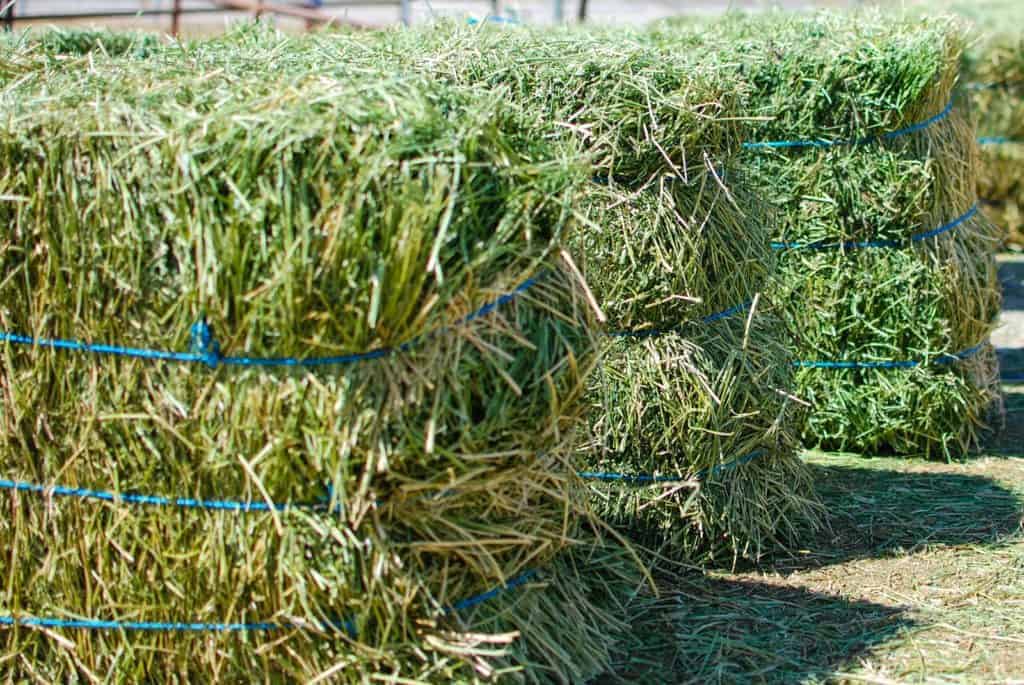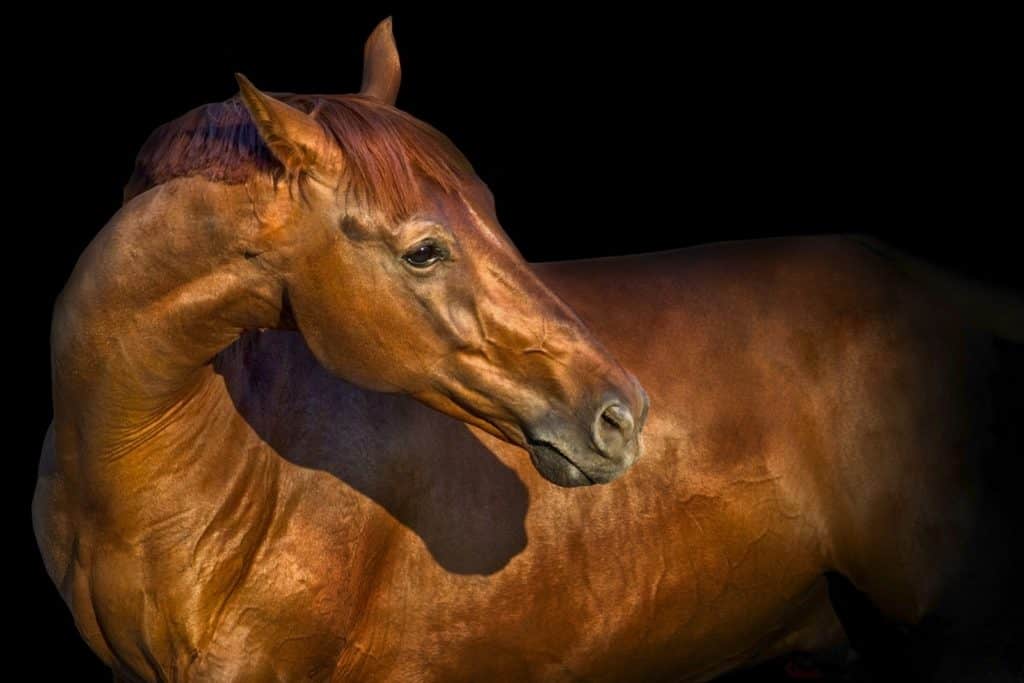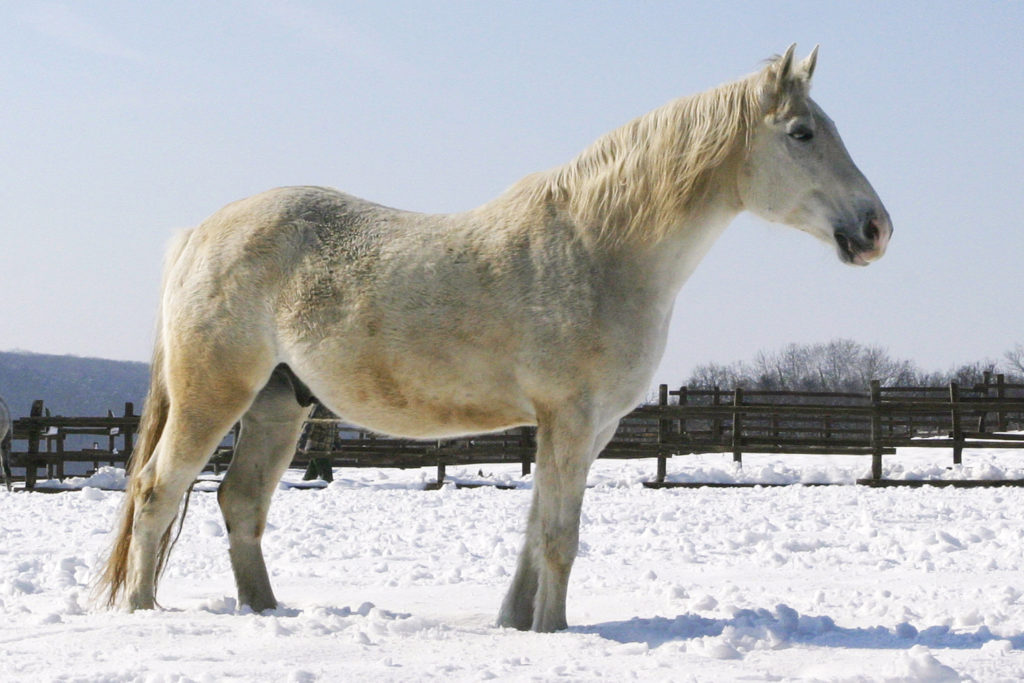
TheHorse.com’s Top Downloads of 2018
Download free reports on laminitis, senior horse care, medication administration tips, kissing spines, regenerative medicine, OCD lesions, and more.
Proper feeding practices for foals, adult horses, and older horses

Download free reports on laminitis, senior horse care, medication administration tips, kissing spines, regenerative medicine, OCD lesions, and more.

Commentaries on cleaning feed buckets, botulism, beet pulp, hay, and more were popular in 2018.

When it comes to feeding your horses, don’t make the same mistakes you’ve made in the past in the new year.

In this two-part presentation from the University of Kentucky, learn about “Research Into Managing Horses and Cattle on Fescue Pastures” from Dr. Jamie Mathews and “Grazing Mares on Novel Endophyte Fescue” from Dr. Karen McDowell.

Ensure horses have adequate shelter, water, dry bedding, and feed when temperatures drop.

Osteoarthritis can hinder and even end the athletic careers of otherwise healthy horses. Learn more about early intervention and management during our webcast.

Articles on laminitis, alfalfa, horse/human interaction, and hoof problems were among the most-read in 2018.

Being well-prepared for colic could mean the difference between life and death for your horse. Here’s what you need to know.

When during gestation should a pregnant mare’s diet change? An equine nutritionist weighs in.

Knowing elimination risk factors can help veterinarians, riders, and trainers make informed decisions to safeguard endurance horse welfare, researchers say.

Hay analysis can help owners better balance their horses’ diets and meet nutritional requirements.

Find out what effect a mare’s weight and, ultimately, energy or calorie intake can have on her efficiency as a broodmare and on her foal.

Is it dangerous for my horse to graze near areas with black walnut trees and walk through fallen walnuts?

With proper care, senior horses can prosper. Here are a few points to consider.

While diet can indeed contribute to a horse being energetic, it’s not the only cause. Our nutritionist shares her thoughts.

Researchers know horse body weight, BCS, and body fat percentage appear to be correlated with blood concentrations of PGE2—a joint damage marker.
Stay on top of the most recent Horse Health news with
"*" indicates required fields